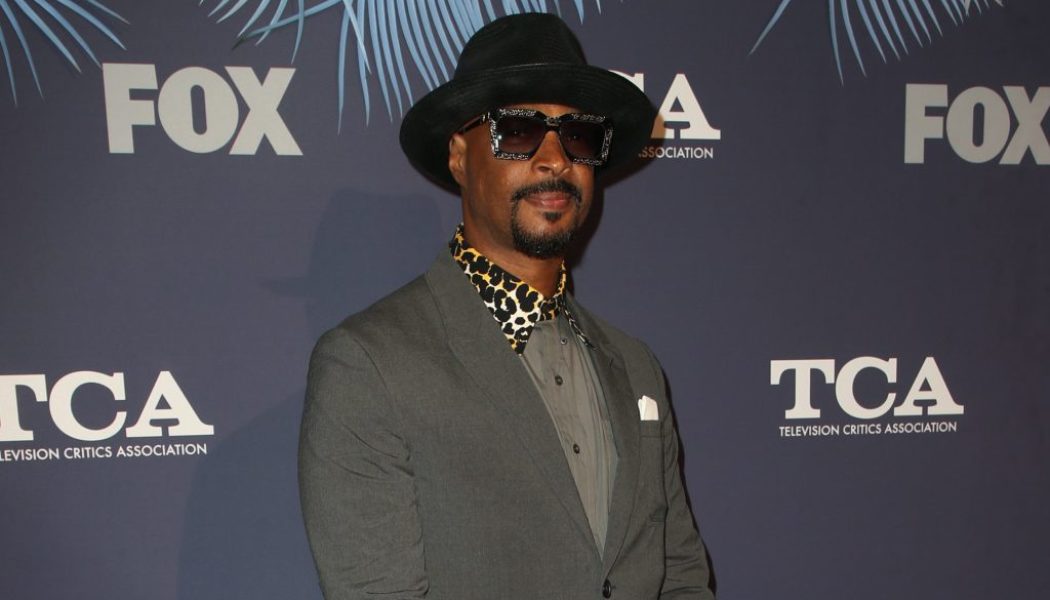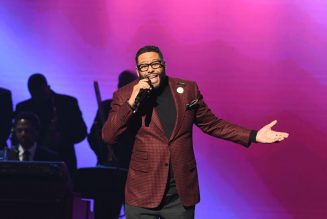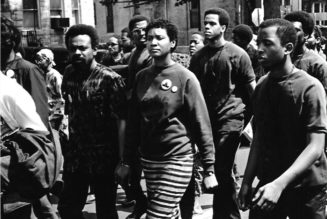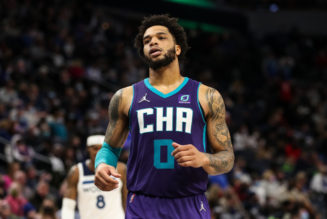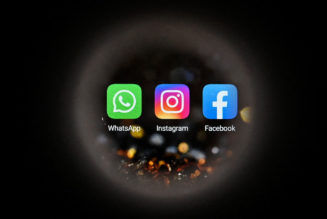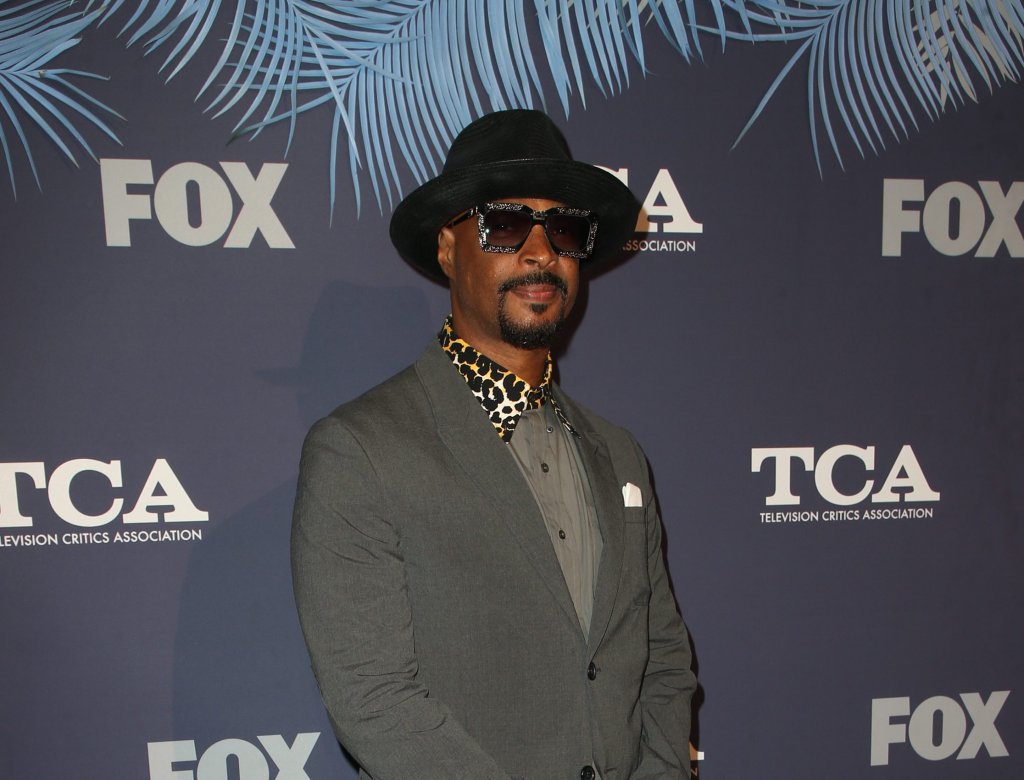
Source: FayesVision/WENN.com / WENN
By now you’ve caught wind of the controversy over Dave Chappelle’s latest Netflix stand-up special The Closer. Audiences both love and hate the special—just as they have the last several in his series of Netflix stand-ups—as some believe he’s been a welcome punch in the gut to what they consider to be out-of-control “cancel culture,” while others believe Chappelle is actively harming LGBTQ people, and particularly trans people, by crafting a dangerous narrative around the existence of a marginalized group he is not a part of.
Critics called for Chappelle’s latest to be removed from the Netflix platform—just as some did after his special before it, Sticks & Stones—and Netflix, of course, declined to and, instead, defended the special. Some might consider this to be an indicator that Dave is fighting the good fight and winning, while others likely see it as an indicator that there was never a real “cancel culture” to save sand-up comedy from in the first place.
Fellow comedic legend Damon Wayans is of the former squad.
“I feel like Dave freed the slaves,” Wayans said in an on-the-spot interview with TMZ. “The comedians, we were slaves to PC culture.”
“As an artist, he’s van Gogh,” he continued. “He’d cut his ear off. He’s trying to tell us It’s OK.”
Wayans goes on to explain that what Chappelle is doing is sending the message that, as artists and free-thinkers, comedians have the right to present themselves in the raw, so to speak, and not to water their opinions down in order to not hurt feelings.
For the record: I don’t think Wayans or Chappelle is wrong on that aspect of their argument. Stand-up comedy is an art form and art isn’t inherently obligated to be right about everything. On the other hand, as art, the work of comedians is subject to interpretation and artists don’t get to dictate how their work is received.
People are allowed to be offended and to voice their offendedness.
They’re even allowed—by all the same First Amendment rights a comedian has—to call for boycotts or to request a special be pulled from Netflix. That’s not “cancel culture,” that’s the result of everyone having a voice, a platform and rights to exercise.
Anyway, I’ve already written an entire essay on all the reasons I think “cancel culture” is bogus as a concept and deflective as an argument, so I won’t rehash all of that here. Instead, I just have one question:
Where are all these stand up comedians who have been “cancelled” over what they have said on stage?
Certainly, comedians like Chappelle, Kevin Hart and others have drawn the ire of progressive Twiter over comments made either on stage on social media, but which ones have lost or even seen serious damage done to their careers over it?
Erroneous comparison aside, where the hell are these supposed “slaves” Wayans is talking about?
I think Dave Chappelle is a comedic genius. I also think that, throughout all six of his Netflix stand-up performances, he’s done a fantastic job of making good points while aggressively dying on the hills of faulty-at-best arguments.
At the very least, we should all be able to agree that Netflix is paying Dave millions of dollars to tell jokes he’s claiming he’s not being allowed to tell.
What kind of “cancel culture” is that?
